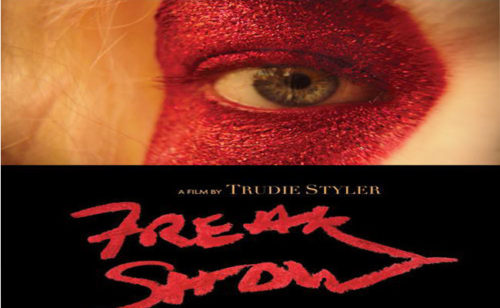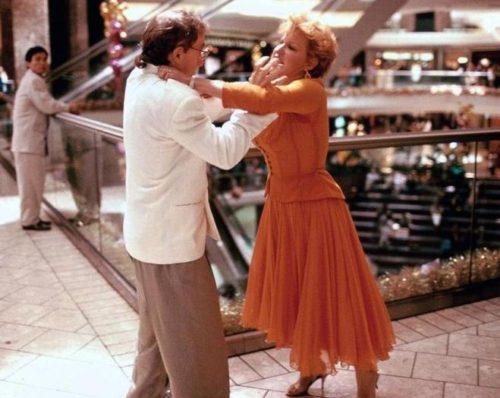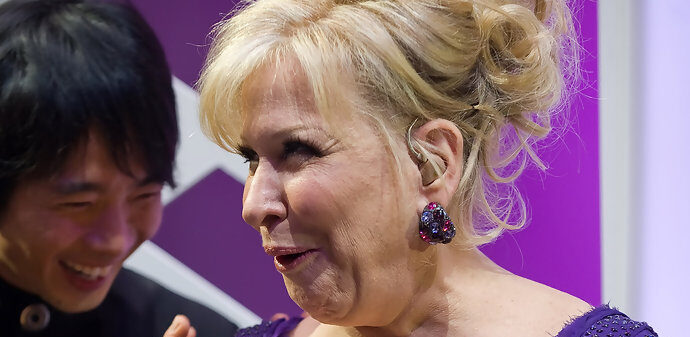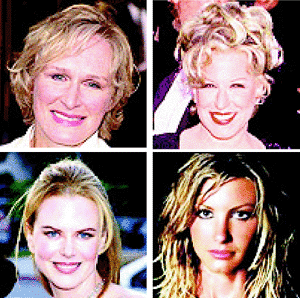Mister D: Pete Townshend of The Who later wrote 2 rock songs for Midler that never saw the light of day! The songs are “And I Moved” and “You’re So Clever“. In the liner notes of the CD, Scooped, Townshend  states that he submitted the songs to producer Chris Thomas to give her. However, Pete thought that Chris was unimpressed and never gave them to her.Â
Arizona Republic
Rock meets grand opera in Seattle; result ‘outta sight
By PAUL ANDERSON
United Press International
May 3, 1971
SEATTLE, Wash. – The Seattle Opera Association’s o r i g i n a l production of the rock opera “Tommy” has brought the age of Aquarius and the tradition-laden world of grand opera to a direct confrontation at center stage.
The result can only be described as “extraordinary” or “outta sight,” depending upon the orientation of the viewer.
At the world premier of “Tommy” last w e e k , the opening night audience – young and old alike – was on its feet clapping and cheering through the rousing finale.
The words and music to ” T o m m y” were composed and recorded on a best-selling album by the British rock group, “The Who,” in 1969, but had never been performed as other than a concert work.
Richard Pearlman, former artistic director of the Opera Society of Washington, D. C., was commissioned by Seattle Opera to t ake the lyrics and music of “Tommy” and turn it into a real rock opera – the first of its kind.
To say that Pearlman succeeded is an understatement.
The operatic production of “Tommy” is literally stunning In its totally original artistic conception and its enthusiastic performance by a talented young cast.
But it is the multi-media f i lm work by designer and cinematographer R o n a l d Chase of San Francisco t h at really brings to l i fe the concepts of the opera and transports the audience into the f o rme r ly o f f -l i m i ts world of the de a f, d umb and blind boy Tommy, struggling to breakout of his sensory isolation and become a real human being.
Despite the trappings of the world of rock concerts and rock m u s i c a l s such as “Hair,” there is no question t h at “Tommy” is opera – a di f f e r ent type of opera, but opera nonethelees.
It is the story of a young boy, t r auma t i z ed by certain aspects of his l i fe and of modern Ame r i c an society, who ret r e a ts into the closed world of the d e a f, d u mb and b l i n d, r epresented by his costume of mummy – l i ke bandages.
T he plot, whi ch f o l l o w s Tommy t h r o u gh h is p a i n f ul emergence as a sensitive human being, his l a t er acceptance of the phony t r a p p i n gs of success as a rock superstar and his eventual rejection of the world of glitter and ma t e r i a l i sm for the “true” va lues of n a t u r e, love and peace, is directly a t tuned to the r evolution in l i fe style of today’s youth.
One of the r e a l ly e n g a g i ng aspects of the opera is the open-minded n a t u re of the onstage e v e n t s, a l l o w i ng each member of the audi ence to de t e rmine the proper relat i o n s h i p s and meanings.
There is enough symbolism to keep even a d e d i c a t e d Wagnerian opera b u ff specul a t i ng for weeks.
Although deep in me aning, especially for the young, who i d e n t i f y strongly wi th t he message, the work is e a s i ly understood and e n j o y a b l e. if t aken at face v a l u e.
T he p o p u l a r music in “Tommy” is performed by the f o u r -m a n rock group, Cannon Ball, in a f a i t h f ul rendition of the score at a volume level appropr i a te for a stage produc t ion.
The entire production of “Tommy,” highlighted by an extraordinary performance by Bette Midler as Tommy’s m o t h e r a nd as t he acid queen, Tommy’s seducer, can only be described as a turning point in modern America opera.








